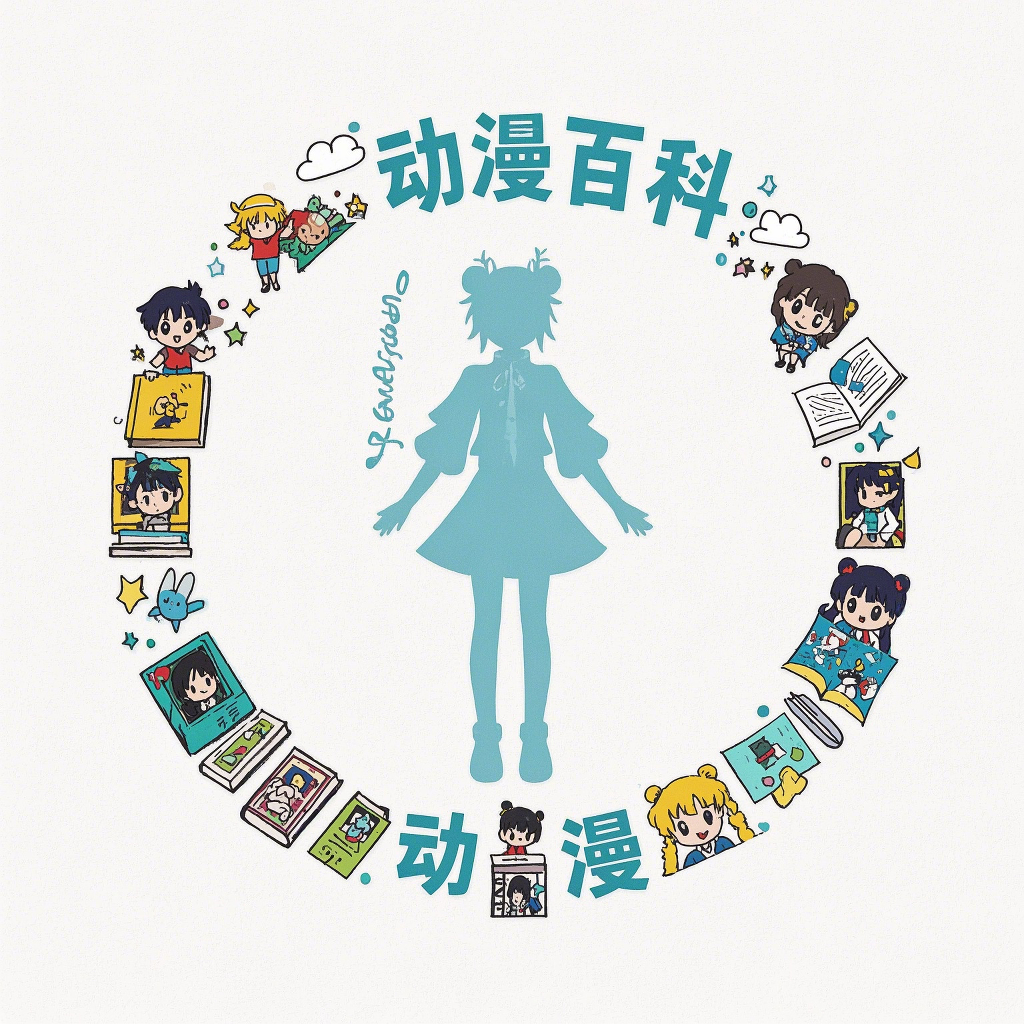Introduction
Anime, the Japanese-style animation, has become a global phenomenon, captivating audiences of all ages with its unique storytelling and vibrant characters. However, along with its popularity comes a myriad of legal complexities. This article delves into the legal gray areas surrounding anime, exploring the issues that can make certain anime unlawful in different jurisdictions.
Copyright Infringement
One of the most significant legal concerns surrounding anime is copyright infringement. Anime series, like any other form of creative work, are protected by copyright laws. When a studio produces an anime, it retains the exclusive rights to reproduce, distribute, and publicly perform the work.
Unauthorized Distribution
If an anime is distributed without the consent of the rights holder, it may be considered unlawful. This includes unauthorized streaming, downloading, or sharing of anime content. For example, if a fan uploads a complete anime series to a file-sharing platform without permission, they could be violating copyright laws.
Fan Art and Parodies
Fan art and parodies, while often seen as expressions of fan appreciation, can also tread on thin ice. While some fan art and parodies are permissible under fair use, others may infringe on the original work’s copyright. It’s essential to understand the limitations of fair use when creating fan art or parodies of anime.
Public Performance
The public performance of anime is another area where legal issues can arise. While watching anime at home is generally not a problem, the public screening of anime without permission can lead to legal consequences. This includes organizing screenings at conventions, community centers, or other public venues.
Licensing Public Screenings
To legally host a public screening of anime, an organization must obtain a public performance license from the rights holder. This ensures that the anime is being shown with the appropriate permissions and that the rights holder is compensated for their work.
Illegal Content
In some cases, anime may contain content that is illegal in certain jurisdictions. This includes:
Adult Content
Anime with adult themes, such as explicit sexual content, is generally not unlawful. However, the manner in which the content is distributed and consumed can lead to legal issues. For instance, distributing adult anime without proper warnings or in inappropriate settings may be considered unlawful.
Hate Speech and Discrimination
Anime that promotes hate speech or discriminates against certain groups may be unlawful in some countries. This includes content that depicts violence against individuals or groups based on race, religion, gender, or sexual orientation.
Conclusion
The legal gray areas surrounding anime are complex and multifaceted. While anime is a beloved form of entertainment worldwide, it is crucial to be aware of the legal implications of consuming and distributing anime content. By understanding the issues of copyright infringement, public performance, and illegal content, anime fans can enjoy their favorite series with peace of mind.
